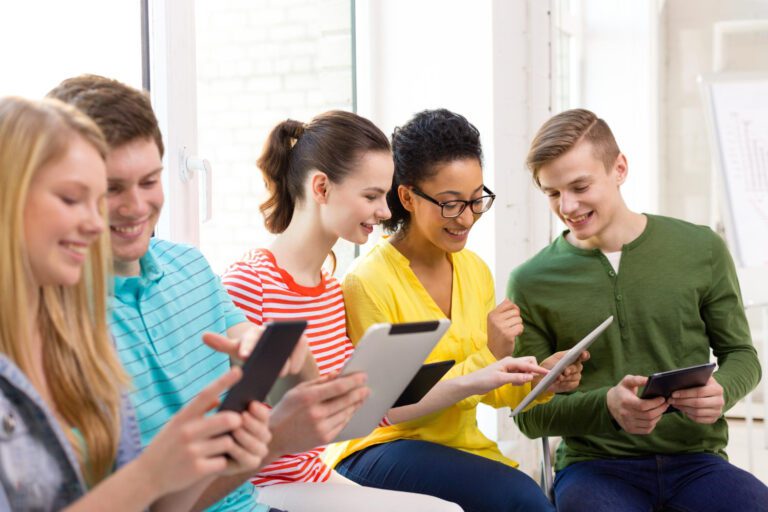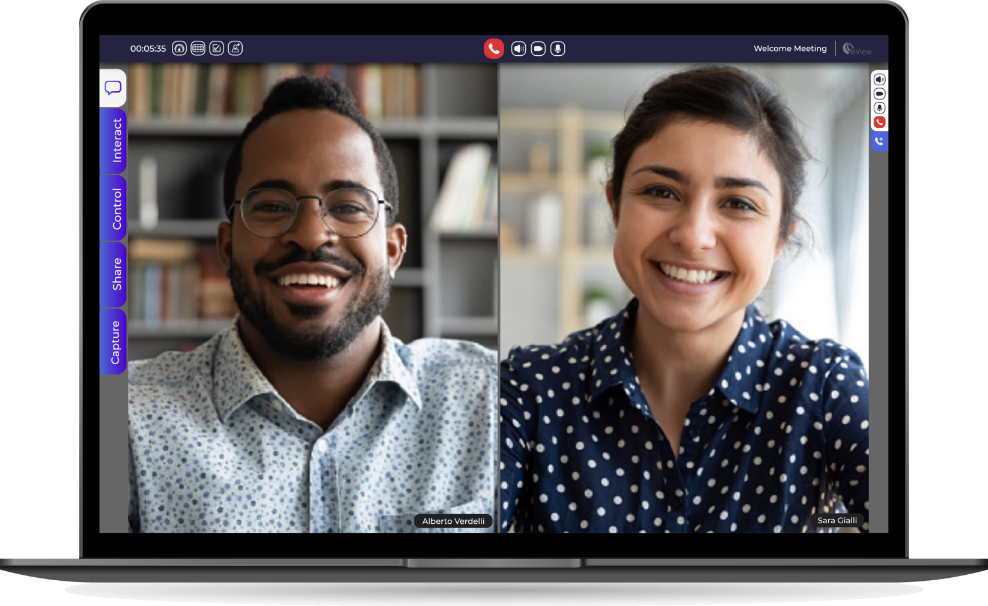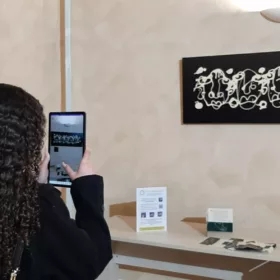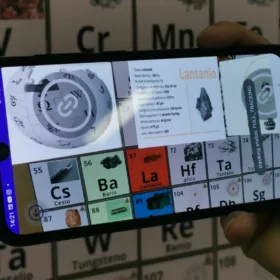Augmented Reality, or AR, is a technology that, through the use of devices such as smartphones, tablets or Smart Glasses, allows virtual elements to be superimposed on the real world. Augmented Reality in Education offers many opportunities and can enhance the learning experience by making lessons more interesting and exciting.
This technology makes it possible to create interactive experiences that can stimulate students by providing them with additional information in the form of text, audio, images or video, which can be shared by the teacher or can be viewed by framing specific elements present in the real world.
There are numerous possibilities that Augmented Reality can offer within education:
1- Enhances the activity and interactivity of lessons;
2- Gives teachers the opportunity to be able to safely share their point of view with their students;
3- Gives students the opportunity to participate in immersive experiences and explore concepts in digital environments superimposed on the real world;
4- Allows teachers to exchange and share ideas and advice with colleagues;
5- Allows teachers to participate in the lessons of other educators without necessarily being physically present;
6- Facilitates memorization of concepts and information in a simple, effective and lasting way;
7- Encourages collaboration and inclusiveness, breaking down barriers to education and making learning accessible to all;
8- Enables instant feedback to be provided to all students;
9- Allows for guidance of pupils during a procedure, enabling them to learn through practice;
10- Stimulates problem solving.
Education that uses AR has the potential to improve learning processes.
Psychologist Gordon H. Bower speaks of the “mood congruity effect“, to refer to the phenomenon whereby people tend to remember more easily information or events that are in tune with their emotional state at the time. This effect, therefore, suggests that a person’s emotions can greatly influence the way he or she processes and memorizes concepts.
Embodied Cognition theories highlight the importance of the body and sensory experiences in processing information and forming representations.
These theories argue that not only the brain, but also the sensory-motor system and physical experience, play a key role in how we understand the world and assimilate new information.
Augmented Reality used in Education, therefore, due to its ability to evoke intense and positive emotions in the student and by actively engaging the body, helps facilitate the memorization process, stimulating the student more deeply than traditional methods.
Thanks to Brochesia‘s Augmented Reality solutions, it becomes possible to transform lessons into interactive and fun experiences!
Contact us for more information and details!






